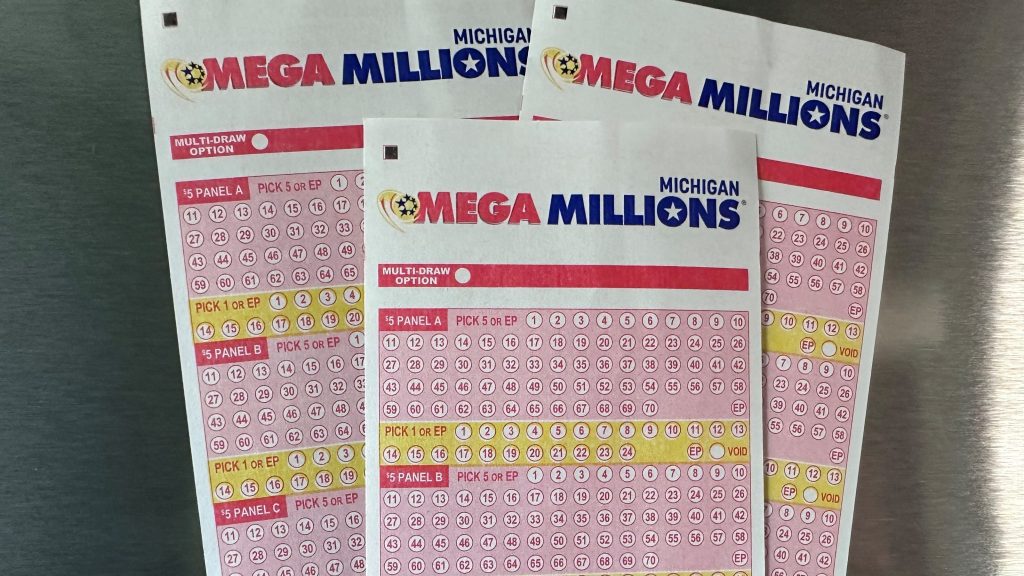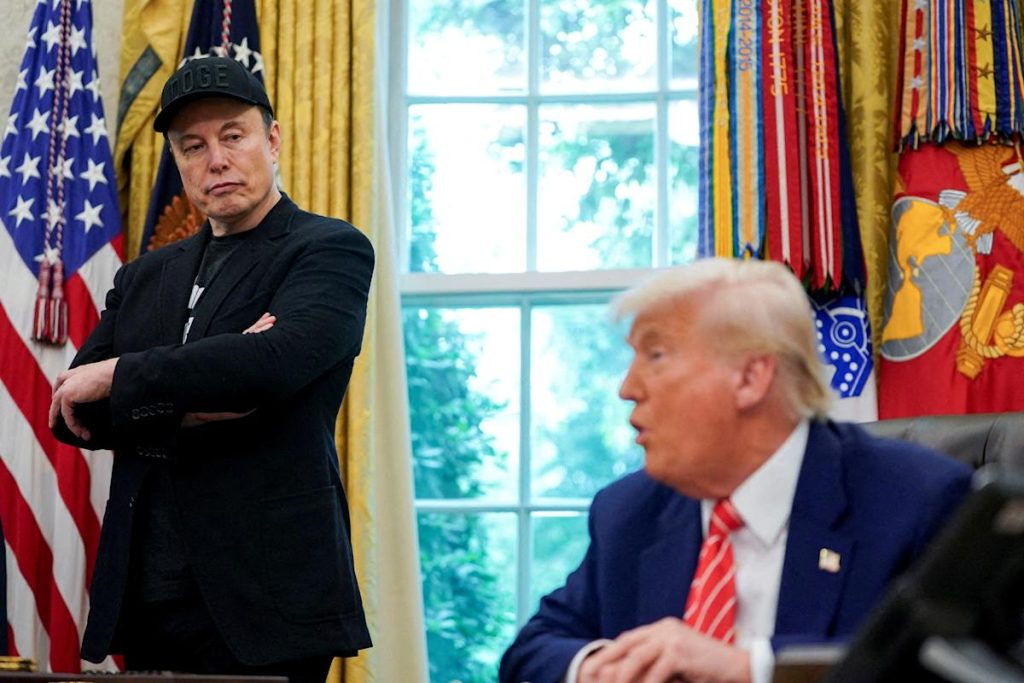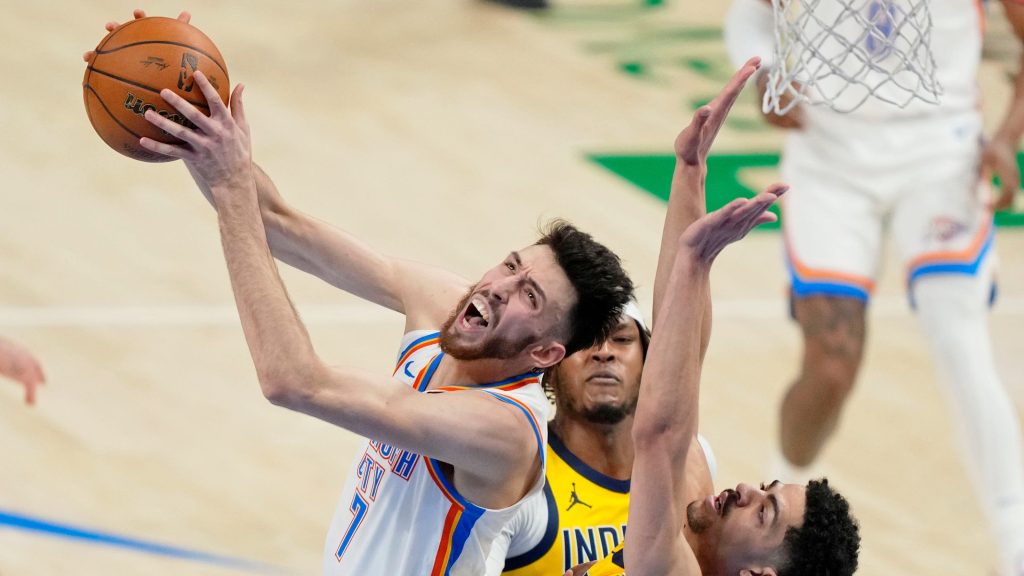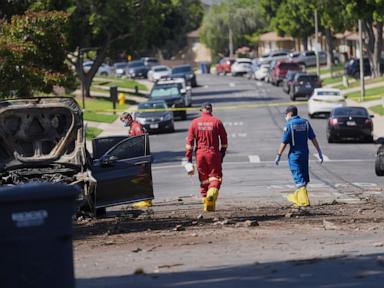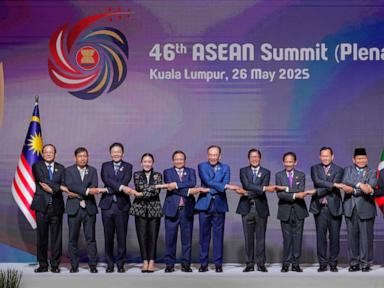Now Reading: Louisiana stifles community air monitoring with threat of million-dollar fines, federal lawsuit says
-
01
Louisiana stifles community air monitoring with threat of million-dollar fines, federal lawsuit says
Louisiana stifles community air monitoring with threat of million-dollar fines, federal lawsuit says
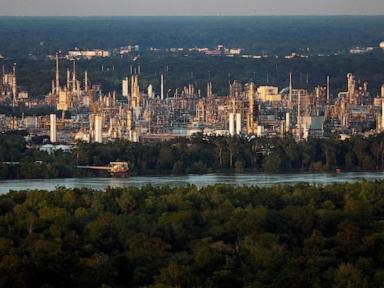
In Sulphur, a town in southwest Louisiana surrounded by over 16 industrial plants, Cynthia “Cindy” Robertson used to fly a red flag on days of heavy pollution to warn her community about health risks from high levels of pollutants. However, she stopped doing so after Louisiana enacted a law last May that imposed fines of up to $1 million for sharing air quality information that did not meet strict standards.
On Thursday, Robertson’s organization Micah 6:8 Mission and other environmental groups in Louisiana filed a lawsuit against the state in federal court, alleging that the law restricts their free speech and hampers their efforts to safeguard public health in heavily industrialized areas. Despite the state’s argument that the law ensures accurate data sharing, environmental groups believe it was designed to censor them and violate their free speech rights.
Following the law’s enactment, Micah 6:8 Mission ceased posting pollution data on social media platforms, despite having received funding from the Environmental Protection Agency to monitor Sulphur’s pollution for years. The groups have long sought data on exposure to hazardous chemicals not covered by federal regulations.
Under the Biden administration, the EPA has tightened regulations for pollutants, while also providing funding for community-based air monitoring in fence-line neighborhoods near industrial plants. However, Louisiana’s Legislature passed the Community Air Monitoring Reliability Act, requiring community groups to adhere to EPA standards and use approved equipment, which could be costly.
David Bookbinder, director of law and policy at the Environmental Integrity Project, representing the plaintiffs, emphasized the challenges community groups face in complying with the law’s requirements. Violating these standards could result in substantial penalties, creating financial burdens for small nonprofits like Robertson’s.
The law’s impact on community groups’ ability to conduct air monitoring work has sparked concern among environmental advocates, who view it as an attempt to stifle scientific research and limit information sharing. Louisiana’s Attorney General Liz Murrill defended the law, stating that it does not violate constitutional rights, although industry groups are exempt from its requirements.
Both the Louisiana Department of Environmental Quality and the Environmental Protection Agency declined to comment on the lawsuit due to ongoing litigation.


